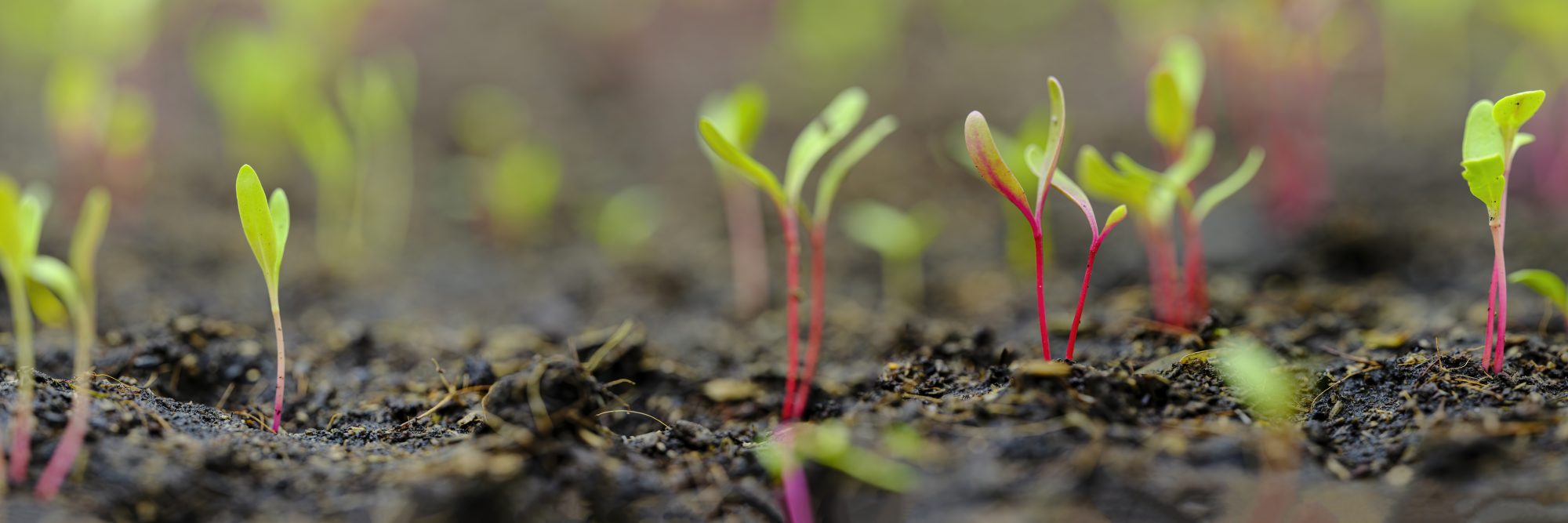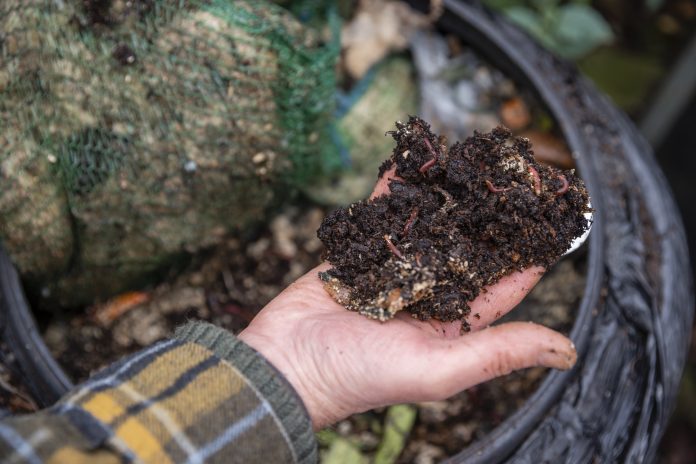In a ground-breaking study, Lund University researchers have revealed the astonishing ability of microorganisms in soil to adapt to climate change
Samples from carbon storage in soil collected across Europe, encompassing a wide temperature range from freezing to scorching, showcased the resilience of these organisms, including bacteria and fungi.
Published in the esteemed scientific journal Applied and Environmental Microbiology, the study demonstrated their capacity to thrive amidst temperature fluctuations and even derive benefits from them.
Furthermore, these microorganisms play a vital role in carbon storage in the soil, offering a potential solution to slow down global warming.
Shedding light on the potential of these tiny environmental heroes in combating climate change.

Captivating insights into the intricate world of microorganisms’ response to climate warming
Carla Cruz Paredes, a distinguished biology researcher from Lund University, commenting on the study, “Despite decades of scientific pondering, researchers have not been able to determine whether microorganisms can adapt to warming, and if they do. We can now confirm that this is the case, and that the organisms can actually mitigate climate warming.”
microorganisms can actually mitigate climate warming
The research showcases the remarkable diversity within these microscopic communities, revealing distinct reactions among different groups of microorganisms.
Notably, bacteria emerged as the more vulnerable group, exhibiting heightened sensitivity compared to their fungal counterparts.
The research further unveiled a captivating distinction: microbial growth, a vital process for ecosystem functioning, proves significantly more responsive to temperature changes than respiration.
“The outcome of these varying sensitivities to growth and respiration at different temperatures, and between bacteria and fungi, will impact the carbon balance between the soil and the atmosphere, and thus the soil’s feedback on climate warming,” Carla Cruz Paredes further stated.
Providing better predictions for the assessments of the UN’s climate panel
The discovery is a game-changer because it emphasises how crucial it is for models of soil carbon concentration to reflect microbial responses to global warming appropriately. It’s interesting to note that the study also demonstrates that the ecological responses of the microorganisms that make up the Earth will be crucial in controlling the climate of the planet.
Climate warming is one of the biggest threats to our environment
Carla Cruz Paredes further commented on the situation, “Climate warming is one of the biggest threats to our environment. To mitigate global warming, it is necessary to enhance the soil’s ability to store or sequester carbon and reduce carbon emissions into the atmosphere.
“This study is a step forward in providing better predictions for the assessments of the UN’s climate panel.”











